In the ever-evolving landscape of healthcare, one approach gaining traction is the outsourcing of services, particularly in the realm of home healthcare. Outsourcing, the practice of contracting out certain tasks or services to third-party providers, offers a plethora of benefits that can significantly enhance the quality and efficiency of home healthcare delivery. From cost savings to expanded expertise, outsourcing has emerged as a valuable strategy for healthcare organizations and practitioners alike.
Enhanced Cost Efficiency
One of the primary advantages of outsourcing in home healthcare is its potential to drive cost savings. By outsourcing certain functions such as administrative tasks, billing and coding, or non-medical services like housekeeping and meal preparation, healthcare providers can streamline operations and reduce overhead expenses. Third-party providers often benefit from economies of scale, allowing them to deliver services at a lower cost than in-house operations. This cost efficiency enables healthcare organizations to allocate resources more effectively, directing funds towards improving patient care and expanding service offerings.
Access to Specialized Expertise
Outsourcing also provides access to specialized expertise that may not be readily available in-house. Home healthcare encompasses a wide range of services, from skilled nursing and rehabilitation to therapy and palliative care. By partnering with external providers who specialize in specific areas, healthcare organizations can ensure that patients receive the highest quality of care from professionals with the relevant expertise and experience. Whether it's advanced medical treatments, specialized therapies, or the latest technological innovations, outsourcing allows healthcare providers to tap into a broader pool of talent and resources, ultimately benefiting patients and improving outcomes.
Flexibility and Scalability
The dynamic nature of healthcare demands flexibility and scalability, both of which outsourcing can facilitate. As patient needs evolve or fluctuate, outsourcing allows healthcare organizations to adjust their service delivery models accordingly. Whether it's ramping up resources to meet increased demand during peak seasons or scaling back during periods of low activity, outsourcing offers the flexibility to adapt quickly and efficiently. Additionally, outsourcing can help healthcare providers expand their geographic reach without the need for significant infrastructure investments, enabling them to serve patients in remote or underserved areas more effectively.
Focus on Core Competencies
Outsourcing non-core functions enables healthcare organizations to focus their time, energy, and resources on their core competencies – providing high-quality patient care. By entrusting tasks such as administrative duties, IT support, or supply chain management to external providers, healthcare professionals can dedicate more attention to clinical care, patient education, and community outreach initiatives. This enhanced focus on core competencies not only improves the overall quality of care but also fosters innovation and continuous improvement within the organization.
Compliance and Risk Management
Navigating the complex regulatory landscape of healthcare requires expertise and vigilance to ensure compliance and mitigate risk. Outsourcing certain functions, such as regulatory compliance, data security, and legal services, can help healthcare organizations stay abreast of regulatory changes and industry best practices. Third-party providers with specialized knowledge in compliance and risk management can help minimize legal and regulatory risks, protecting the organization from potential liabilities and safeguarding patient data and confidentiality.
Conclusion
In conclusion, outsourcing in home healthcare offers a multitude of benefits that can drive operational efficiency, improve patient outcomes, and enhance overall organizational performance. From cost savings and access to specialized expertise to flexibility and risk management, outsourcing enables healthcare organizations to optimize resources, focus on core competencies, and deliver high-quality care to patients in the comfort of their homes. By strategically leveraging outsourcing partnerships, healthcare providers can navigate the challenges of an increasingly complex healthcare landscape while positioning themselves for long-term success and sustainability.


